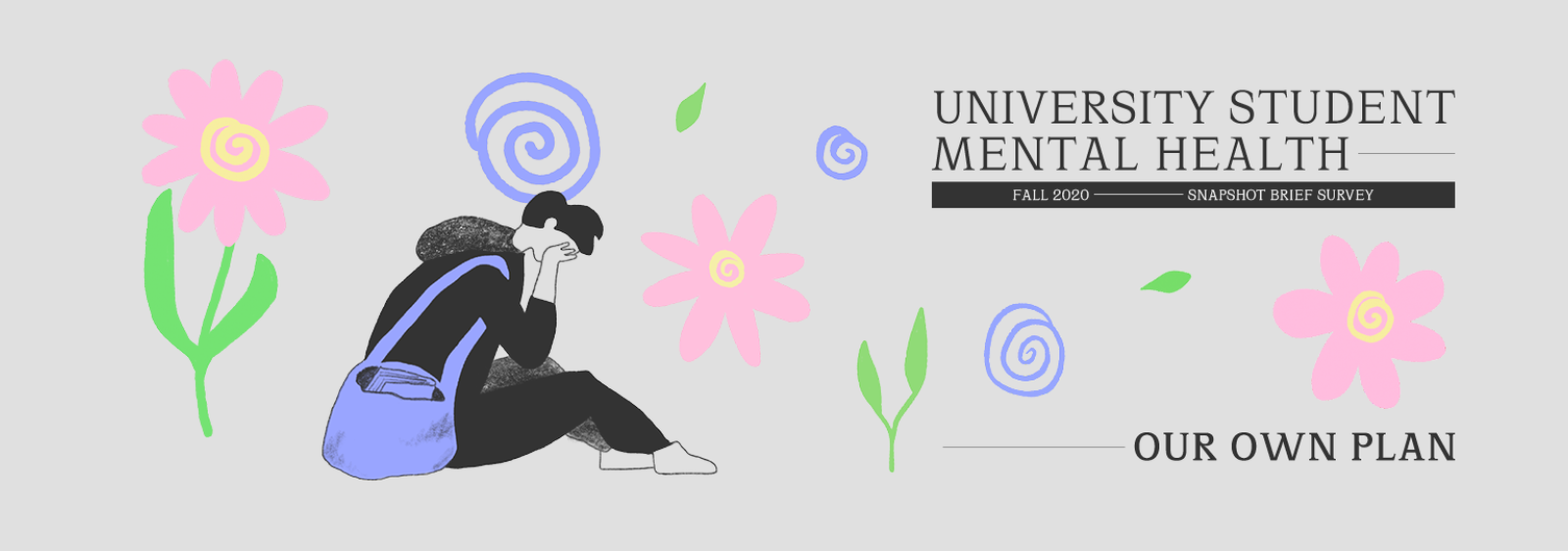In the fall of 2020, the Quebec Student Union (QSU) and the Fédération des associations étudiantes universitaires québécoises en éducation permanente (
FAEUQEP) conducted a quick study on student psychological health during a pandemic.
In total, the firm Léger conducted a study of a sample of 1209 university students from 17 universities across Quebec.
The main objective of this survey was to quickly provide information on the state of psychological health of university students, in order to allow the QSU and Quebec's student associations to make informed recommendations to improve student psychological health in the difficult context brought about by COVID-19.
The data for this study were collected during the containment of the second wave of the pandemic, from November 12 to November 19, 2020.
More specifically, the results of the quick study allowed us to draw up a portrait of the state of psychological health of a sample of university students in Quebec during the pandemic.
